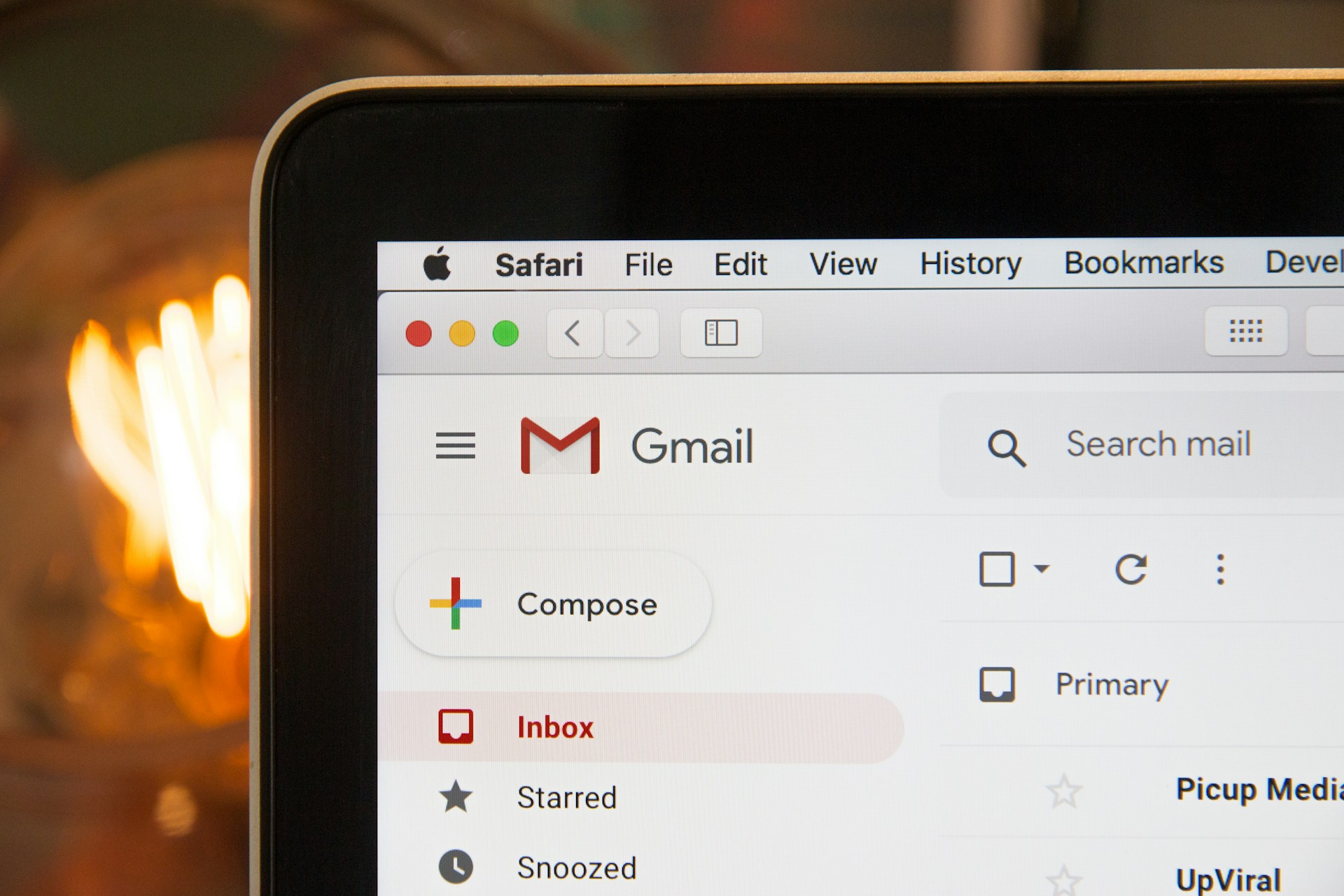A Guide: The Dos and Don’ts of Emailing Your Professor

There may be many different reasons why you might need to write an email to your professor. It can be extra credit that you desperately need or some clarification about a grade or some lecture material – in any case, you will need to write an email, and you should know how to do it right. There are some rules and etiquette that you should be aware of, but what’s more important is that you should know how to properly word and structure an email to your professor. We hope that the following dos and don’ts will help you out.
DO: Make the Most Out of a Subject Line
If you don’t want your email to get lost in your professor’s inbox folder, be sure to pay attention to what you put in the subject line. It should provide all the necessary information to understand what you are writing about and what is your purpose.
Be clear and descriptive in the subject line – put something like “Clarification needed on [smth]” instead of a vague “Question.” It will be much easier for your professor to spot your email among others and write an answer.
DON’T: Expect an Immediate Response
Remember that professors are also people. They have their lives and work to do. Expecting them to answer your question ASAP is not realistic. If it takes too much time to get an answer back, for example, a few days, you might want to send a follow-up letter. But keep it respectful and polite.
DO: Address Your Professor Appropriately
When you are writing an email, you need to do it properly and politely. Thus, the beginning of the letter should contain the professor’s appropriate title followed by their last name. That means that you need to use Dr., Professor, etc. Knowing which one to use is necessary. Avoid using their first name or nicknames, even if your professor allows that during the classes.
DON’T: Forget to Sign Your Email With Your Full Name
Ensure that your email is properly signed and contains your full name and course details so that your professor knows who is writing. There is no need for them to guess who you are through your email address name, especially as many people don’t have their full name as an email address. A polite way to finish your letter is to sign it properly.
DO: Express Gratitude
Don’t forget to thank your professor for their time and their help in case you are writing a follow-up letter. You can use a phrase like “Thank you for your attention” or “Thank you for assistance.” It makes a huge difference and makes the whole letter much more polite and grateful.
DON’T: Use Informal Language or Abbreviations
Some abbreviations might be widespread and well-known, but it is not polite to use any in your letter to your professor. Things like “4” instead of “for” or “IMO” instead of “in my opinion” can be used in texts to your friends or on online forums. But remember to keep an email to your professor more formal and polite.
A Step-by-Step Guide on Writing an Email to Your Professor
If you are not sure how to write an email and address your questions or concerns, you will surely find the following guide useful:
- Identify your purpose. When you just start writing an email, identify the purpose and the result that you are expecting. If you need clarifications or have questions regarding the course material, you should have particular questions that need to be answered. In case you would like to receive extra tasks to gain more credit, it should also be clearly stated in the email, etc.
- Gather necessary information. If your answer relates to specific assignments, topics, facts, organization questions, or things like that, you might need to collect information and specific details to mention in the letter. Also, be sure to check the sources given to you by your professor because there probably might be the answer you need. It’s impolite to bother your professor with regard to information that has already been provided.
- Compose your letter. Start with a polite greeting, for example, “Dear Dr. Johnson,” use clear language and concise sentences to address the issue or the purpose of the email. End your email by thanking and signing it with your name.
- Proofread your email. Read your email carefully before you send it. Make sure the grammar and punctuation are okay, as well as other elements of the letter, like the subject line, the attached files, if any, etc.
- Send your email and follow up appropriately. Send your email – try to avoid sending it at night. Follow up with an email if your letter is unanswered for a few days. Send a gentle reminder, like “I’m writing to ensure that my previous letter didn’t get lost in your inbox” or something like that.
Email Sample
If you have more questions, the next email sample might help you out when writing one of your own.
Subject: Clarification Needed on Assignment Due Date
Dear Dr. Johnson,
I hope this email finds you well. My name is [Your Name], and I’m a student in your [Course Name] class, section [Section Number]. I’m writing to seek clarification on the due date for the upcoming assignment.
I’ve reviewed the assignment guidelines provided in the syllabus, but I wanted to confirm the exact deadline as there seems to be some discrepancy in the dates mentioned in class discussions. Could you please clarify the due date and any specific submission instructions for the assignment?
Thank you very much for your assistance, Dr. Johnson. I understand that you have a busy schedule, so I genuinely appreciate you taking the time to address my inquiry.
Best regards, [Your Full Name]
[Your Class or Section Number]
We hope that these tips and an email sample will allow you to write any kind of email to your professor and have no problems with that. Also, we suggest you address your questions during the office hours if possible. That would be a quicker and more convenient way to clarify things.
Conclusion
Writing an email is usually pretty easy. However, when writing to your professor, you need to make sure you avoid common mistakes. One of these mistakes would be not following basic etiquette rules. Remember, that your professors are also people and you need to polite, clear, and grateful for their help.





